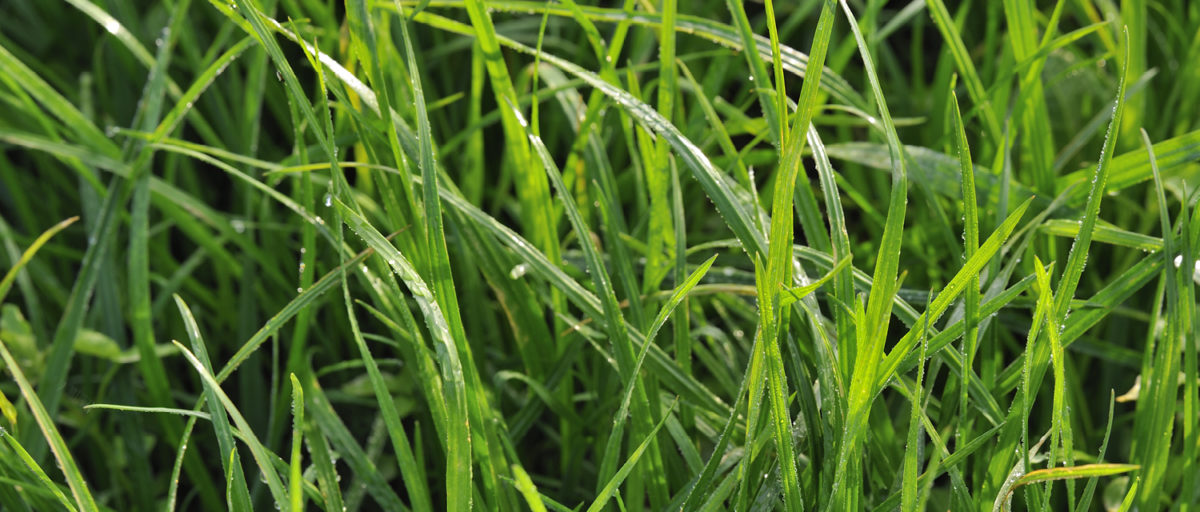Plant & Food Research scientist Dr Kevin Davies has been awarded the James Cook Research Fellowship to study the evolution of fundamental stress tolerance adaptation of land plants, by comparing mechanisms in hornworts to those of other plant groups.
Land plants are thought to have evolved from aquatic plants about 500 million years ago, at least 250 million years before the first dinosaurs roamed the Earth. To adapt to the harsh land environment, the first plants evolved to produce specialised metabolites called ‘flavonoids’, which act as a sunscreen to protect plants from UV-B radiation and are the source of most red pigmentation in plants.
Red colour is familiar to us from fruits and flowers, but red flavonoids are also produced in response to stressors like cold, strong sunlight, drought, nutrient deprivation or disease. These red pigments are considered a universal feature of land plants, inherited from an early common ancestor.
Mosses, liverworts and hornworts resemble the first land plants but are still widely found in the world today. They account for one-third of the native plant species in New Zealand, but hornworts stand out from the two other groups for their proposed lack of flavonoid production.
Dr Davies, an internationally recognised expert on plant specialised metabolism, will build an international multi-disciplinary team to understand the origin and current diversity of the flavonoid stress-tolerance systems of land plants.
His hypothesis is that hornworts are unique among land plants in lacking flavonoids and that the lack of red pigmentation limits the ability of hornworts to cope with environmental stress. This could help explain why hornworts occupy comparatively few ecological niches, and may contribute to their vulnerability to environmental change.
The project will use physiological, metabolic and genetic techniques to establish status of the flavonoid pathway in hornworts, whether hornworts are at a comparative disadvantage to other plant groups or whether they have evolved alternative stress-tolerance mechanisms
Dr Davies received his PhD in plant molecular biology in 1989 at the University of Nottingham before moving to New Zealand and is currently a Principal Scientist in New Cultivar Innovation at Plant & Food Research, based in Palmerston North.
The James Cook Research Fellowships are awarded to researchers who have achieved national and international recognition in their area of scientific research. The fellowships allow them to concentrate on a major piece of research for two years without additional administrative and teaching duties.
Source: Plant & Food Research












